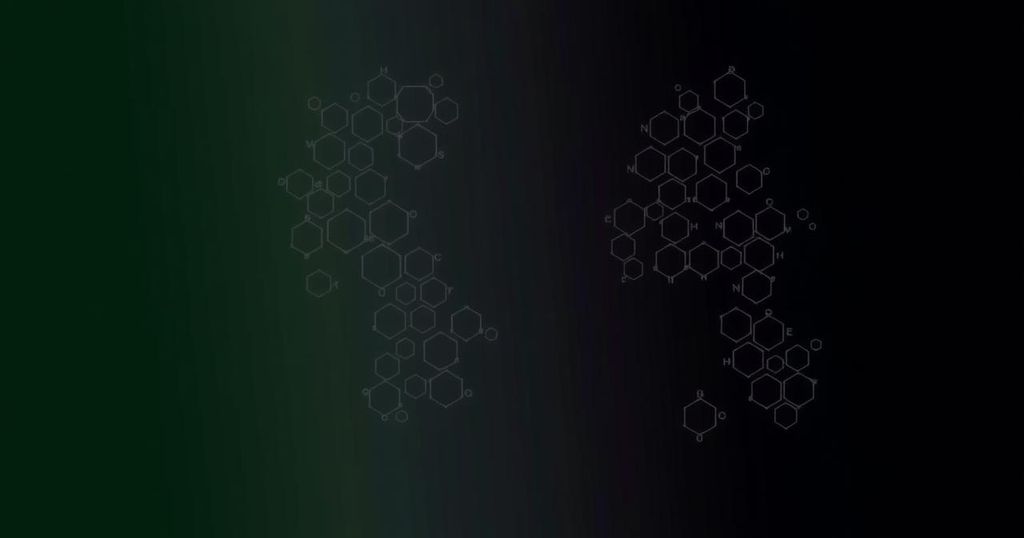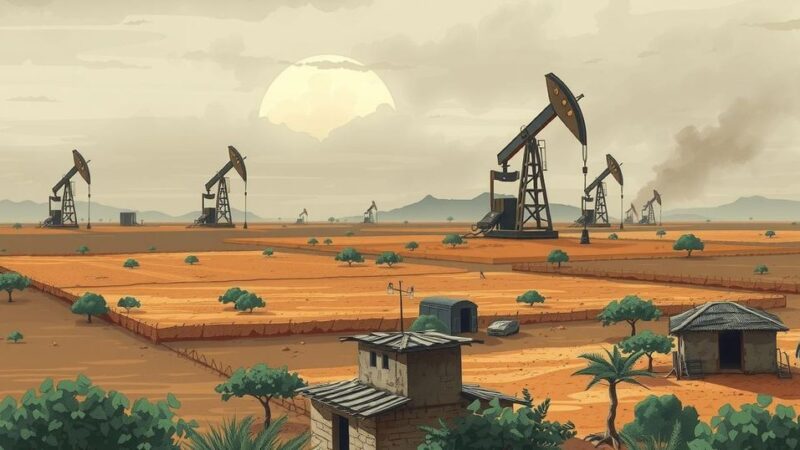Iran has announced the activation of new advanced centrifuges for uranium enrichment in response to a resolution from the IAEA demanding improved cooperation. Despite asserting peaceful intentions, Iran’s actions have raised concerns about potential weapons development. The ongoing tensions highlight the fragility of the agreement established in 2015 and increasing worries about Iran’s capabilities in enriching uranium to near weapons-grade levels.
On Friday, Iran announced the activation of new advanced centrifuges as part of its uranium enrichment efforts, a move that followed criticism from the United Nations’ International Atomic Energy Agency (IAEA). The Iranian state news agency, IRNA, reported that a significant number of new centrifuges would be operational, as stated in a joint release from the Foreign Ministry and the Atomic Energy Organization of Iran. This decision arose in response to the IAEA’s resolution, which emphasized the need for Iran to enhance its cooperation with the agency.
The process of injecting gas into the centrifuges is integral to enriching uranium. While Iran insists that its nuclear ambitions are strictly for peaceful purposes, such actions have raised concerns about potential weapons development. The IAEA has previously warned that Iran possesses enough uranium enriched close to weapons-grade levels to create several nuclear devices. Furthermore, the ongoing disputes over undeclared nuclear sites and shown uranium traces have complicated the IAEA’s oversight efforts.
Amidst these developments, Iran condemned the IAEA’s resolution as politically motivated, suggesting that it derived from pressure exerted by the United States and several European nations. Iran pledged to maintain its technical cooperation with the IAEA, despite the tensions. Notably, Israel’s Defense Minister expressed support for the IAEA’s actions, emphasizing the need to halt Iran’s nuclear advancements. This situation traces back to the nuclear deal established in 2015, which restricted Iran’s centrifuge operations to older models for civilian purposes. However, the withdrawal of the United States from the agreement in 2018, coupled with the ensuing economic sanctions, has led Iran to gradually abandon its commitments.
The ongoing situation is especially concerning, given that the U.S. Secretary of State indicated that Iran’s timeline to attain weapons-grade material may now be reduced to as little as one to two weeks, underlining the urgency of international diplomatic efforts.
The context of this article hinges on the controversial nature of Iran’s nuclear program, which has long been a point of contention on the global stage. Established under a 2015 agreement, this program was initially designed for peaceful purposes, yet its evolution has raised alarms about potential military applications. The IAEA plays a crucial role in monitoring Iran’s compliance with international agreements, and its recent resolution reflects ongoing concerns about Iran’s uranium enrichment activities and the transparency of its nuclear sites. The fluctuating dynamic of Iran’s compliance, particularly following the U.S. withdrawal from the nuclear deal and subsequent sanctions, has further complicated the situation, as Iran’s actions deviate from the benchmarks established in the initial agreement. This situation has significant implications for regional security and international relations, particularly with countries that perceive a nuclear-capable Iran as a direct threat.
In summary, Iran’s activation of new advanced centrifuges represents a significant escalation in its nuclear program, occurring in the midst of mounting pressure from the IAEA. As Iran continues to assert its right to pursue its nuclear ambitions, major concerns persist regarding the potential for nuclear weapons development. The geopolitical ramifications of this tension highlight the urgent need for renewed diplomatic dialogue and a reassessment of existing agreements to ensure compliance and peace in the region.
Original Source: www.cnn.com






